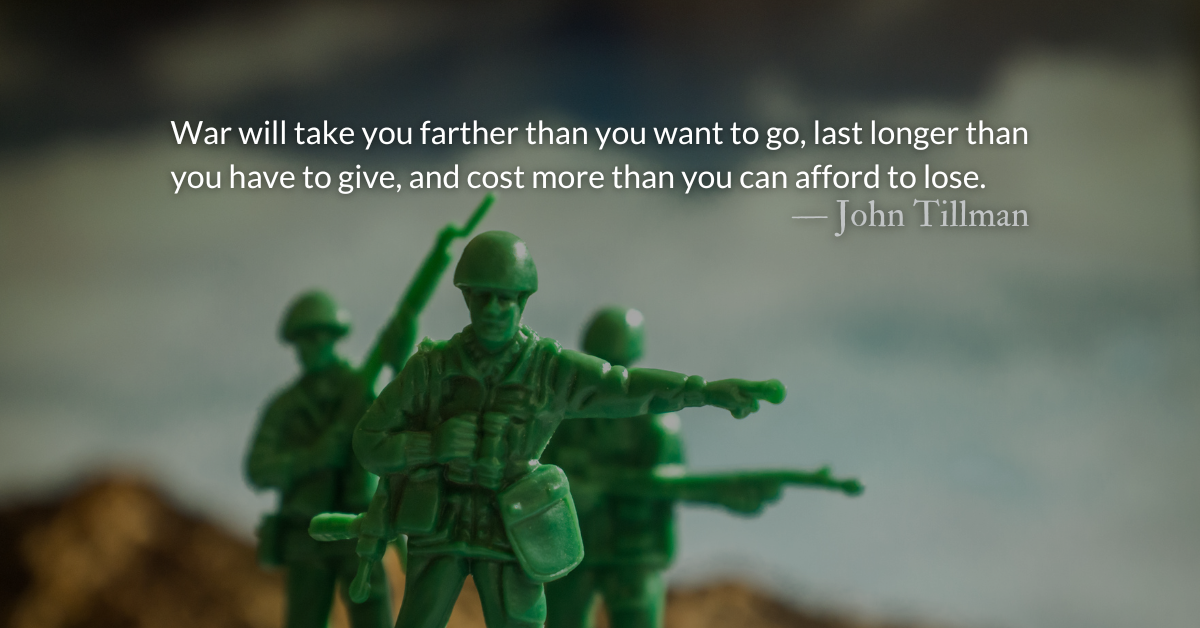Links for today’s readings:
Read: Judges 21 Listen: (3:47) Read: Hebrews 8 Listen: (2:22)
Scripture Focus: Judges 21.2-7
1 The men of Israel had taken an oath at Mizpah: “Not one of us will give his daughter in marriage to a Benjamite.” 2 The people went to Bethel, where they sat before God until evening, raising their voices and weeping bitterly. 3 “Lord, God of Israel,” they cried, “why has this happened to Israel? Why should one tribe be missing from Israel today?” 4 Early the next day the people built an altar and presented burnt offerings and fellowship offerings. 5 Then the Israelites asked, “Who from all the tribes of Israel has failed to assemble before the Lord?” For they had taken a solemn oath that anyone who failed to assemble before the Lord at Mizpah was to be put to death. 6 Now the Israelites grieved for the tribe of Benjamin, their fellow Israelites. “Today one tribe is cut off from Israel,” they said. 7 “How can we provide wives for those who are left, since we have taken an oath by the Lord not to give them any of our daughters in marriage?”
“War may sometimes be a necessary evil. But no matter how necessary, it is always an evil, never a good.” — Jimmy Carter
Reflection: War Machines Have No Brakes
By John Tillman
Just reasons to fight a war don’t always translate to fighting a just war.
The brutal civil war against the tribe of Benjamin began for morally just reasons. The death of the Levite’s concubine was a wake-up call to wickedness that had become normal. Israel did not leap to war—they began reluctantly. They wanted justice, not war. Benjamin’s tribalistic protection of the wrongdoers forced a war.
However, once at war, they didn’t stop until it was almost too late. The “just war” became a massacre and the massacre a near genocide. Israel realized in victory that they had lost, even though they won.
War should always be entered reluctantly, with good moral reasons, and a clear end in mind. However, once war begins, everyone goes too far—yes, everyone. (In biblical and world history, I see no real exceptions to this.) In the Bible, war is personified as “the sword” and is not a passive tool but a corrupting influence. When we live by the sword, we will die by it, but before we die by it, we will think like it. (Matthew 26.52)
Among the frequent casualties of war are principles and moral character. The longer we stay in a warlike mode, the likelier it is we will conduct that conflict in increasingly sinful ways. The machine of war has no brakes. Even if you step on the gas for good reason, unintended casualties are guaranteed. The old saying about sin could be paraphrased about war: War will take you farther than you want to go, last longer than you have to give, and cost more than you can afford to lose.
Most of us will never choose whether our nation goes to war, even if we chose the leader who does. However, shooting wars are not the only kind. A corrupted, warlike mindset often pops up on the news, in social media comments, in political speeches, and even in some pulpits.
War-related metaphors in scripture about “the armor of God” and “tearing down strongholds” are metaphors. Beware when someone starts implying we should consider them more than that. Beware calls to war.
Be careful in your advocacy and teaching. It is good to call for justice, to oppose evil, to demand and speak the truth. Silence is not an option in the face of evil. (Judges 19.30) However, guard your heart and don’t set out for or be sent to war.
Divine Hours Prayer: The Greeting
Be exalted, O Lord, in your might; we will sing and praise your power. — Psalm 21.14
– Divine Hours prayers from The Divine Hours: Prayers for Summer
by Phyllis Tickle
Read more: Of Pride and The Sword
In scripture the sword is not inanimate. The sword is hungry, with an appetite to devour…
Read more: The Sword Versus The Cross
The only way back is to repent and take up the cross instead of the sword.



